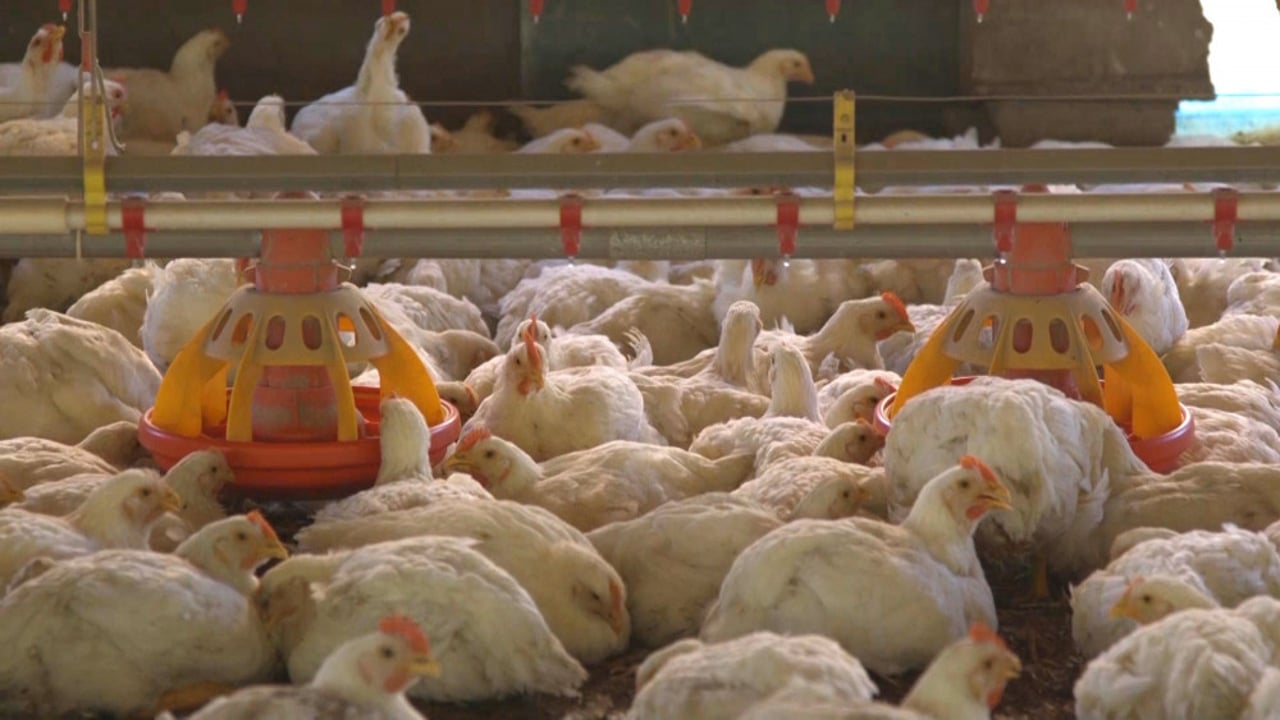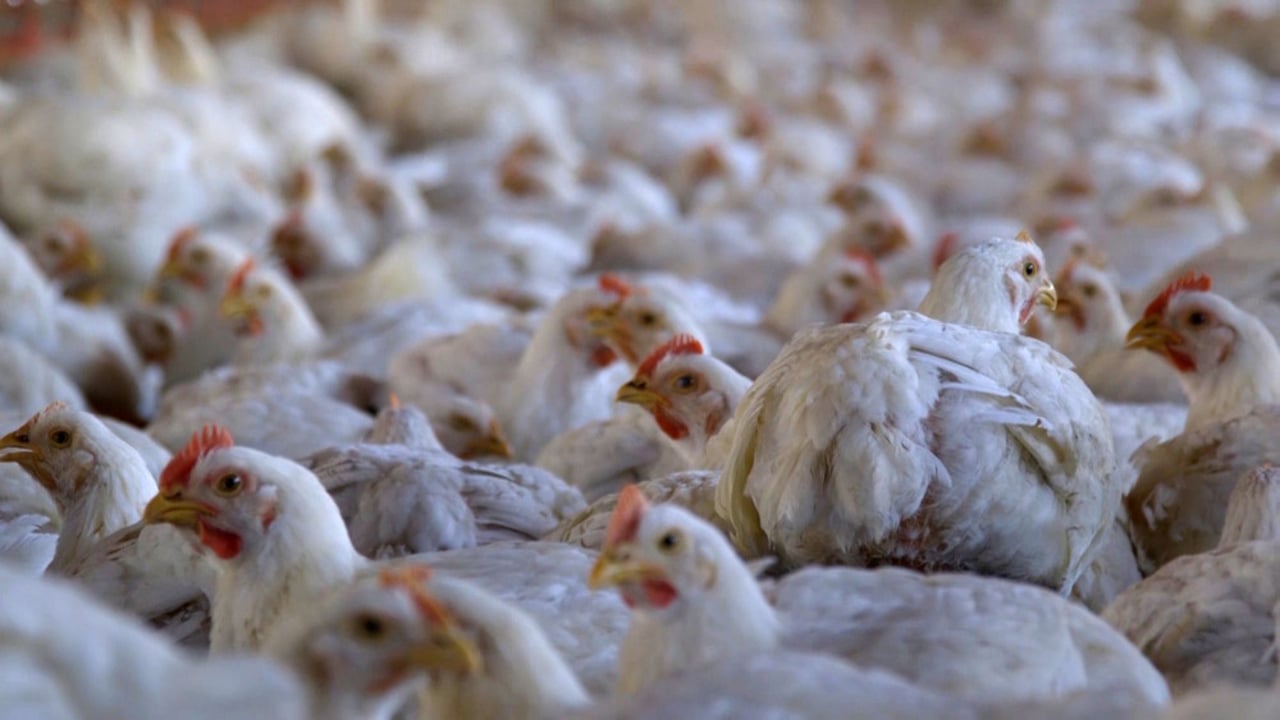
It is World Antibiotics Awareness week and its important that we talk about the suffering farm animals are going through in factory farms
Every November, the world marks World Antibiotic Awareness Week (WAAW). It aims to increase global awareness on antibiotic use and sharing of global best practices to avoid the emergence and spread of antibiotic resistance.
Use of antibiotics
Since their discovery, antibiotics have served as the core to modern medicine, helping cure many diseases in both animals and humans.
However, the inappropriate and widespread use of the medicine has led to antibiotic residues being found in foods of animal origin hence a growing threat of antibiotic resistance.
This has now become a global health problem that needs to end before it's too late.
The sad reality
An estimated 700,000 people die annually due to infections resistant to the available antibiotics. Projections show that these deaths will rise to 10 million by 2050.
Antibiotic resistance can also affect animal health and welfare leading to untreatable animal diseases and even death.
In other statistics, up to 40-80% of antibiotics used on farm animals is unnecessary or highly questionable.
Predictions show that the global antibiotics use will increase by 67% by 2030 due to the increasing demand of animal protein leading to intesive farming systems.
In Kenya, studies done by the Global Antibiotic Resistance Partnership (GARP), report that, up to 70% of the antibiotics imported for use in the country are given to chicken, pigs and cows.
The study further showed that farmers give antibiotics to their livestock to prevent them from getting sick.
The food industry
The inappropriate use and abuse of antibiotics in farming is currently under great international scrutiny. This has led to major fast food restaurants banning products with antibiotic residues within their outlets.
Our ask
We believe that the responsible use of antibiotics in both farm animals and humans is essential to tackle the growing problem of antibiotic resistance.
We therefore support the designing of policies aimed at reducing the use of antibiotics on animals by promoting higher welfare systems in the livestock industry.
This includes, good housing conditions, health care and the promotion of natural animal behavior. They should also provide for improved hygiene and sanitation, nutrition, vaccination form diseases, leading to improved animal health and welfare.
Responsible use of antibiotics also means that animals should be treated when sick, which may require treatment not just of sick animals but of their whole group, to ensure disease do not spread
Learn more about our animals in farming work

